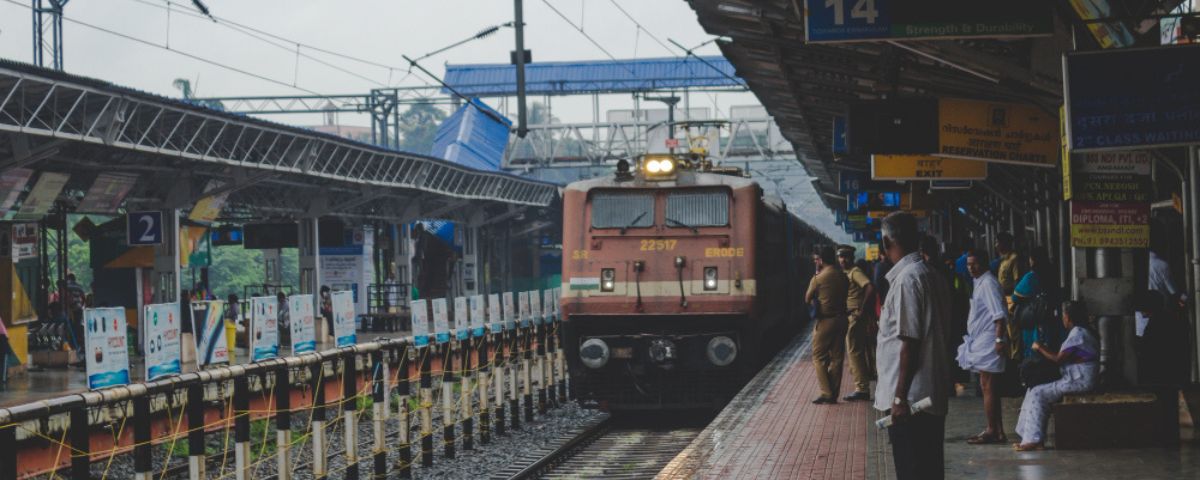
In its submission to the Telecom Regulatory Authority of India (TRAI), Jio has proposed that the spectrum in question should not be exclusively allocated to Railways but should instead be utilized for a common network infrastructure. This infrastructure would be utilized by both Railways and disaster relief agencies, ensuring a seamless first response to any calamity or event. Jio’s model is reminiscent of the FirstNet authority and AT&T public-private partnership in the US, facilitating seamless communication between disaster relief and other key organizations during emergencies when public networks become congested or fail.
Jio’s proposal follows its earlier opposition to the government’s decision to allocate additional 5 MHz spectrum in the 700 MHz band to Indian Railways. This spectrum allocation was intended for the implementation of anti-collision technology Kavach and to meet various safety and communication requirements along railway networks.
“We understand the need for suitable radio spectrum for safety and security applications along the Indian Railways network. The optimal solution would be to assign this spectrum for Railways and Public Protection and Disaster Relief (PPDR), to be built and operated by a professionally qualified service provider,” said UK Srivastava, president at Reliance Jio, during TRAI’s open house discussion on May 3, 2024.
According to Srivastava, the chosen service provider could build a high-quality 4G/5G network nationwide, ensuring access for government agencies and first responders such as police, ambulances, and fire safety personnel.
Jio argues that allocating the 700 MHz spectrum exclusively to Railways would result in underutilization across the country, apart from railway tracks, stations, and their immediate surroundings. Moreover, Jio sees the CSP model as a potential additional revenue stream.
However, representatives from the Railways ministry expressed skepticism regarding Jio’s CSP model, emphasizing the need for Railways to have its own dedicated network. They pointed to connectivity issues in Jio’s network along railway tracks and stations, highlighting the necessity for a reliable network for safety applicationss.
In addition to Jio, Vodafone Idea suggested spectrum sharing between Railways and NCRTC in the 700 MHz band, while the Broadband India Forum supported the government’s decision to allocate spectrum to Railways but recommended vacation of other crucial bands for mobile communications.
Airtel raised concerns about Railways using the spectrum for commercial operations and urged the government to impose restrictions in the spectrum assignment document. In February, the Union Cabinet approved the allocation of additional 5 MHz spectrukm in the 700 MHz band to Railways for Kavach technology and NCRTC for the train control system. This spectrum allocation decision was made considering the exhaustion of the entire 45 MHz spectrum in the 700 MHz band, valued at over Rs 1.7 trillion, which will not be included in the upcoming spectrum auction.



